April 20, 2024 | 18:21 GMT +7
April 20, 2024 | 18:21 GMT +7
Hotline: 0913.378.918
April 20, 2024 | 18:21 GMT +7
Hotline: 0913.378.918
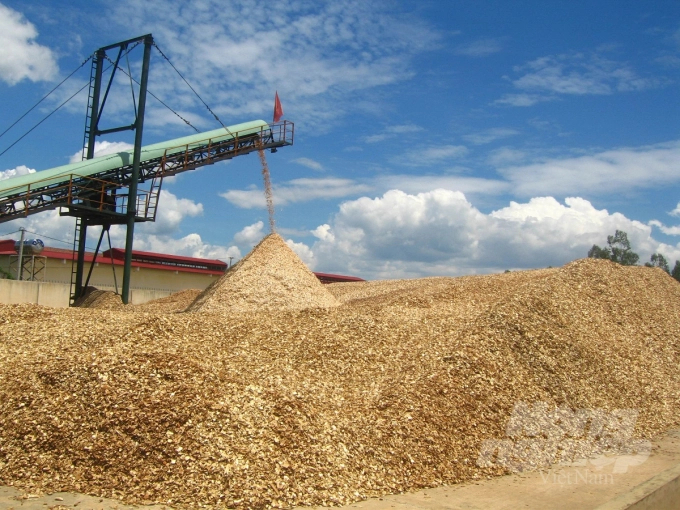
Vietnam is now the biggest wood chip exporter in the world. Photo: Vu Dinh Thung.
Vietnam’s wood chip companies would pay more attention to diversify their importers instead of heavily relying on some conventional importing market as currently, said Thang Van Hoa, chairman of Vietnam Wood chip Association under Vietnam Timber and Forest Product Association.
Companies were making efforts to seek new importers including South Korea, the US, EU and Japan, of which Japan was considered the most potential one, Hoa said.
For the last decade, Vietnam has become the biggest wood chip exporter in the world as exporting about 12 million tonnes of wood chip yearly, equally to 24 million cubic metres of round timber.
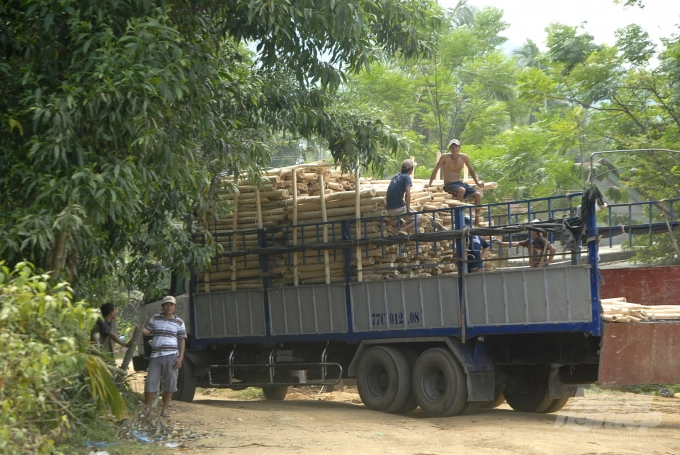
Wood from plantation forest by households and companies is the main input material for the wood chip industry. Photo: Vu Dinh Thung.
In the first seven months of 2020, Vietnam exported over 6.9 million tonnes of wood chip, earning about US$923 million.
“Until now, the wood chip industry is an important part of Vietnam’s timber industry,” Thang said, adding that on average, wood chip export revenue was about $1.5 billion yearly, accounting for 15-18 per cent of the country’s total timber export revenue.
For years, chip wood processing and export helped expanding area of plantation forest in Vietnam as plantation forest provided input material for the wood chip industry, of which, acacia wood account 70 per cent, Eucalyptus 27 per cent and
Melaleuca only 3 per cent. It is reported that Vietnam’s plantation forest area keeps expanding, on average 150.000-200.000 ha per year.
Thus, the wood chip industry also directly affects the livelihood of millions of forest-growing households, most of them are poor households in mountainous areas.
According to Forest Protection Department, currently, about 1.1 million households nationwide are growing the wood raw material in the area of over 1.7 million ha, of which, the forest was formed in over 1.4 million ha.
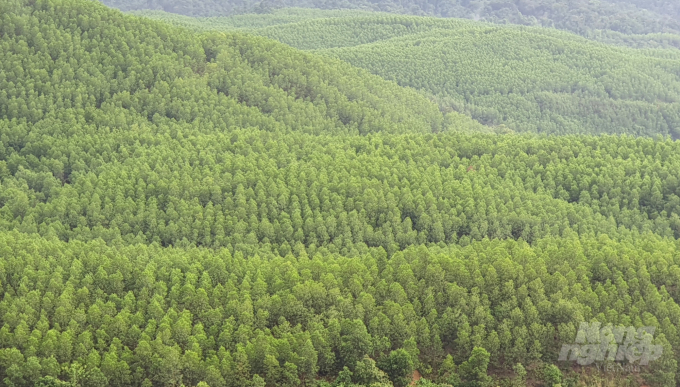
Vietnam’s plantation forest area keeps expanding, on average 150.000-200.000 ha per year. Photo: Vu Dinh Thung.
“Wood chip industry consumes a large volume of wood from plantation forest, which created important motivation for the expansion of plantation forest as well as helped improve the livelihood of millions of households,” said Hoa.
Recently, wood chip price sharply fell, negatively affecting the operation of enterprises, households and Vietnam’s wood export revenue, Hoa said, blaming for decreased demand of the paper market and the COVID-19 pandemic that hindered marine transportation.
According to the chairman of Vietnam Wood chip Association Thang Van Hoa, the association planned to encourage its members to diversify their products so that Vietnam’s wood chip industry could further integrate into world stage in coming time.
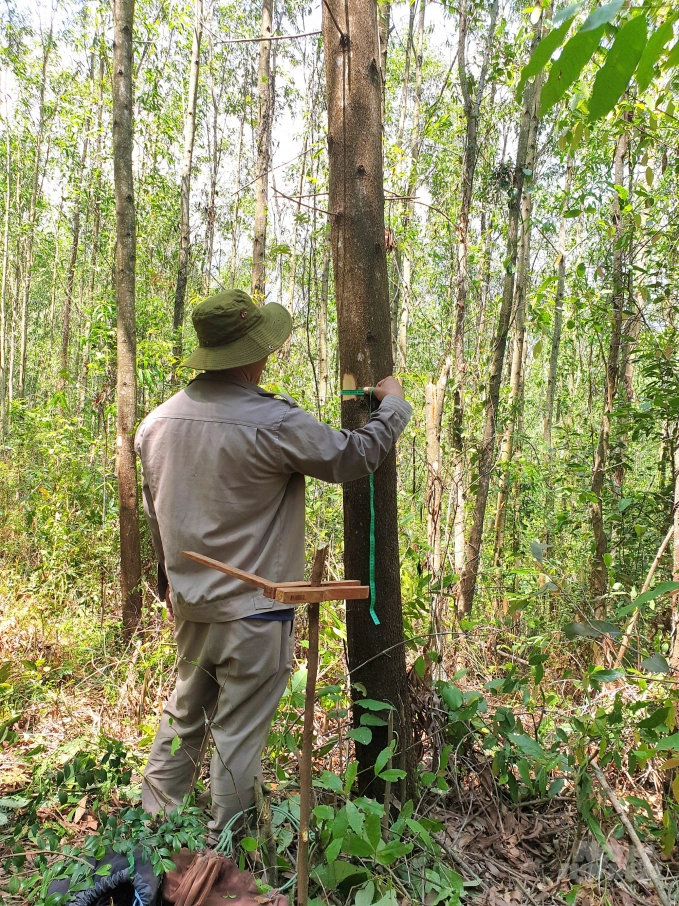
A plantation forest of Ha Thanh Forestry Ltd Company in Van Canh District, the central province of Binh Dinh. Photo: Vu Dinh Thung.
The wood chip can be used to make medium-density fibreboard (MDF), wood pellets and pulp but each product require particular quality of the wood chip. Thus, wood chip producers would have to study and supply suitable products, Hoa said.
Hoa also said that localities with a large area of plantation forest should have more mechanisms and policies to attract more investment in the deep processing industry. Besides, priorities should be given to infrastructure development, logistics, land lease and linkage between production and consumption as well as the linkage between the wood chip industry and deep processing industry.
Author: Vu Dinh Thung. Translated by Quang Minh.
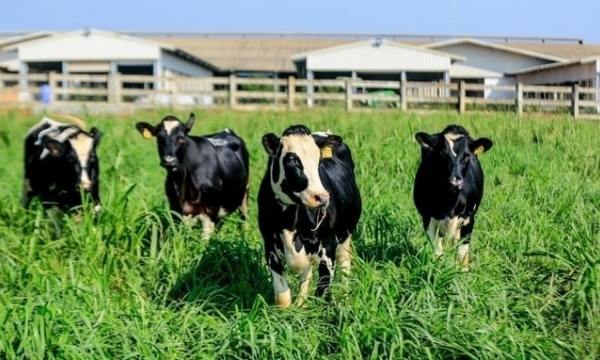
(VAN) TH Group's ongoing commitment to authenticity has also been reinforced by its current green economy - circular economy model.
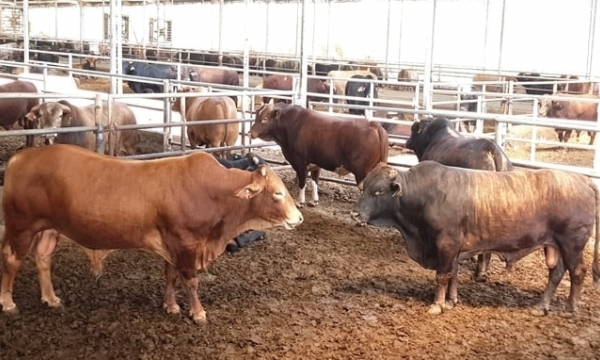
(VAN) Gia Lai province's current development priority is attracting investment for the construction of livestock feed processing plants.
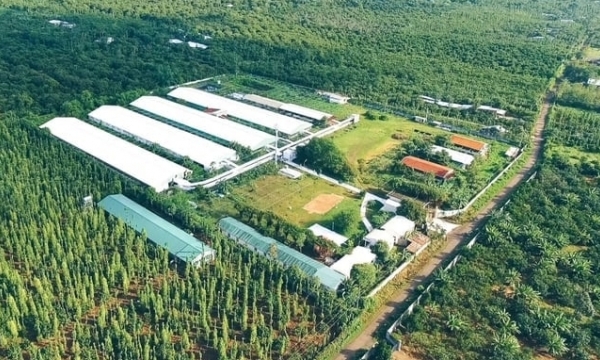
(VAN) Greenfeed Vietnam, with recently disclosed financial ratios, demonstrates the sustained effectiveness of its production and business operations in the agricultural market.
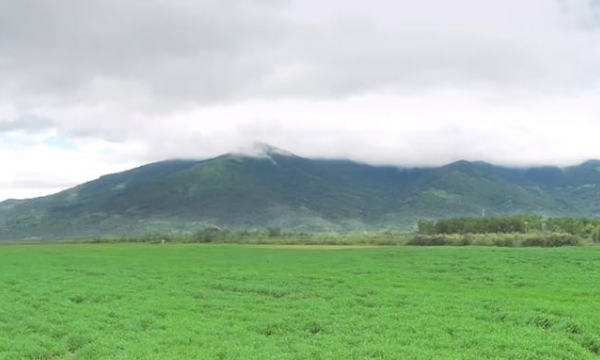
(VAN) The cool climate year-round, fresh air, and clean water... are very favourable natural conditions for dairy cattle development in Mang Yang, Gia Lai.
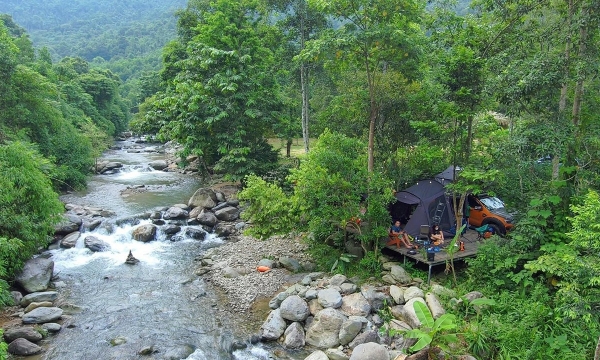
(VAN) Thai Nguyen province has beautiful natural landscapes, converging many valuable historical and cultural relics to develop many types of tourism to attract tourists.
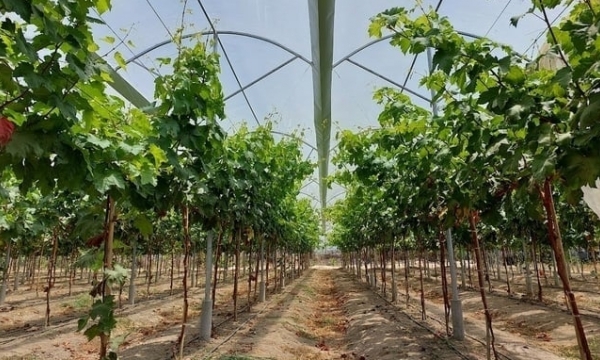
(VAN) Identifying high-tech agriculture as the 'lifeline' of harsh weather regions, Ninh Thuan province is determined to scale up proven effective models.
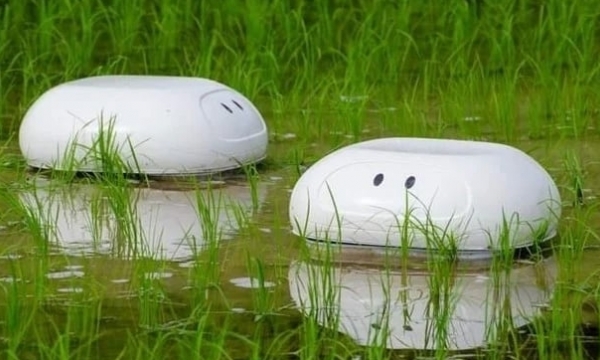
(VAN) Aigamorobo, developed by Japan's New Green Company, eliminates weeds and defers golden apple snails without chemical agents or batteries, rendering it environmentally sustainable.